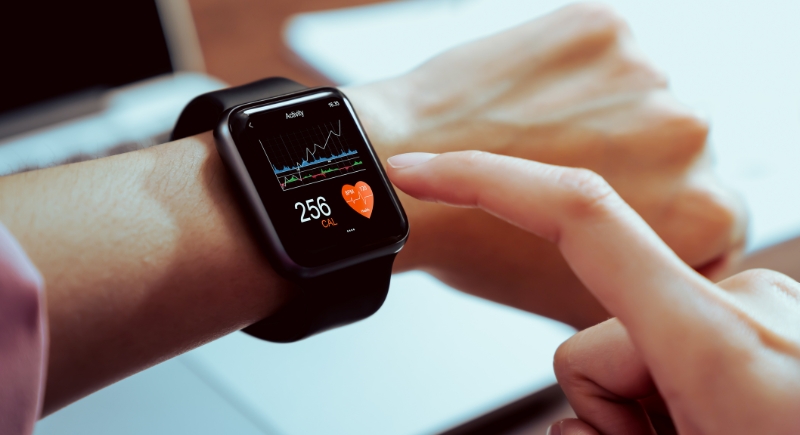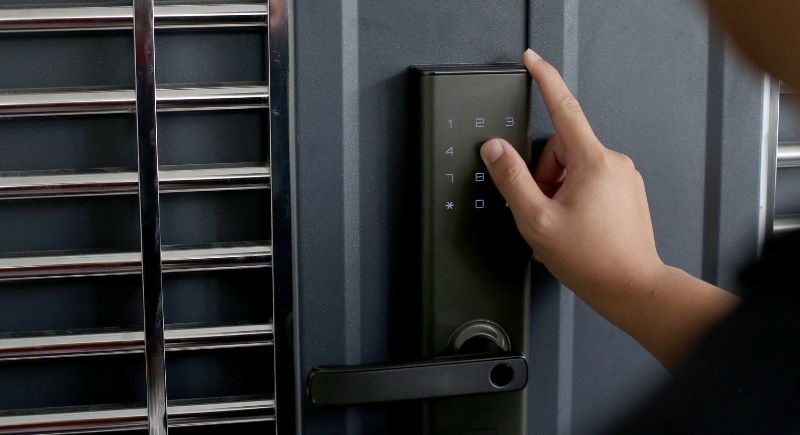Smartest Things Boomers Can Buy in Retirement
Retirement doesn’t mark the end of spending; it marks the beginning of spending wisely. Many boomers are focusing on purchases that make daily life simpler, help savings last longer, and maintain comfort and independence. The smartest buys aren’t about showing off or following trends. They’re about making practical investments that bring real value and peace of mind. Here’s a look at what retirees are choosing and how each one helps them enjoy this new stage of life.
Automatic Pill Dispensers That Keep You on Track

Credit: pexels
Missing a dose can be dangerous; that’s why programmable pill dispensers have become must-haves. They sort, schedule, and sound alerts for daily medications. Some even lock until it’s time to prevent double-dosing. Certain models track missed doses and notify caregivers.
Smart Thermostats That Learn Your Habits

Credit: Canva
Most people don’t want to fiddle with the thermostat 10 times a day. Smart versions handle that for you. Over time, they adapt to your routine and adjust accordingly. Lower bills are nice, but so is waking up to a house that already knows how you like it.
Legal Help for Estate Planning

Credit: Canva
Hiring an estate attorney may not sound exciting, but it’s one of the most valuable ways to protect assets. Wills, trusts, and beneficiary documents can help minimize taxes and ensure that everything is distributed as intended. Many boomers also opt for living wills and powers of attorney.
Grip Socks That Prevent Falls Without Shoes

Credit: Wikimedia Commons
Falls at home happen more often than many people realize. Regular socks can be slippery, and shoes aren’t always comfortable indoors. Grip socks are a simple fix. They feel like regular socks but have rubber grips on the bottom, giving steady footing on smooth floors and helping prevent slips.
Subscription Services That Actually Help

Credit: DragonImages
Some retirees sign up for streaming apps, but smarter choices include medication delivery, virtual therapy, and audiobook memberships. Grocery delivery apps also reduce the need for errands and heavy lifting. Services like Amazon Pharmacy and Instacart offer senior discounts, and many healthcare apps now bundle monthly wellness tools.
Vehicle Upgrades That Make Driving Safer

Credit: Canva
Staying independent often means staying behind the wheel. A few thoughtful upgrades can make driving much safer, such as blind spot mirrors, backup cameras, or pedal extenders. Some additions, like swivel seats or steering aids, are also used in occupational therapy to improve comfort and control while driving.
Medical Alert Devices That Go Beyond Buttons

Credit: Canva
Modern systems monitor heart rates, detect falls automatically, and connect directly to emergency dispatch. Some sync with smartphones or watches, and monthly fees often start below $30. These tools are especially helpful for solo retirees who want to live independently but know that immediate help is just a button away.
Smart Locks That Ditch the Keys

Credit: Getty Images
Losing house keys can be frustrating at any age, but it’s especially inconvenient in retirement. Smart locks use keypads and fingerprint scanners to secure doors without traditional keys. They’re a huge help for anyone with joint pain or memory lapses. Many models also let relatives access the home with one-time codes.
Compact Exercise Equipment for Home Workouts

Credit: Getty Images
Staying active doesn’t require a full gym setup. Resistance bands and under-desk bikes fit easily into small spaces and help maintain strength and mobility. The CDC recommends 150 minutes of moderate activity a week for older adults. Having a few reliable tools at home makes it easier to meet that goal.
Updated Tech That Keeps You Connected

Credit: Canva
Newer smartphones and tablets are faster and designed to be easier. Bigger icons and voice commands make them more accessible. Devices like Alexa or Google Home also help set medication reminders or turn lights on with just your voice. Staying connected is easier when the tools are designed with usability in mind.
A Reliable Emergency Fund

Credit: Getty Images
Retirement doesn’t come with a pause button for surprise expenses. That’s why a separate emergency fund—different from long-term savings—makes sense. It’s there for a surprise root canal or last-minute travel. Experts often recommend 6 to 12 months of living expenses, but even a few thousand dollars stashed away can be a lifesaver.
Comprehensive Health Insurance Plans

Credit: Getty Images
Medicare doesn’t cover everything. Dental, vision, hearing, and long-term care are common gaps. That’s why many boomers opt for supplemental coverage or Medicare Advantage plans. According to the Kaiser Family Foundation, out-of-pocket healthcare spending averages over $6,800 per year for Medicare enrollees.
Classes and Clubs That Keep the Brain Busy

Credit: Canva
Lifelong learning helps keep the mind sharp. Universities often offer discounted or free tuition for seniors. Local libraries, recreation centers, and online platforms like Coursera provide classes on everything from languages to cooking. Staying mentally active also lowers dementia risk and creates social connections.
Hearing Aids That Don’t Scream “Hearing Aids”

Credit: Getty Images
Today’s hearing aids are almost invisible, and many connect to phones or TVs via Bluetooth. Some double as wireless earbuds for calls and music. Untreated hearing loss is linked to cognitive decline, according to Johns Hopkins research, yet many retirees delay getting help.
Long-Term Care Insurance That Buys Options

Credit: Getty Images
According to the U.S. Department of Health and Human Services, about seven in ten people over 65 will need some type of long-term care. Insurance policies can cover home aides, assisted living, or nursing facilities, depending on the plan. Purchasing coverage early, while in good health, helps secure better rates and ensures more options for care later on.